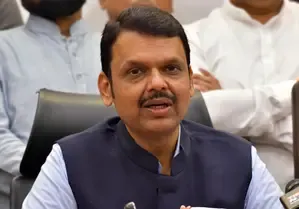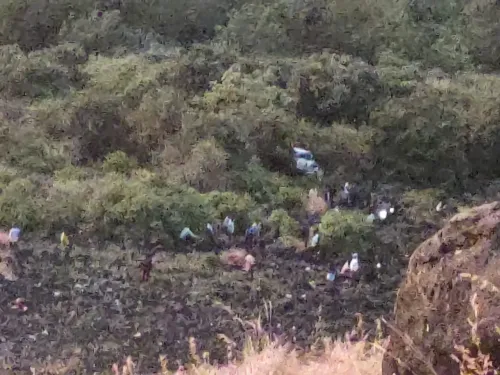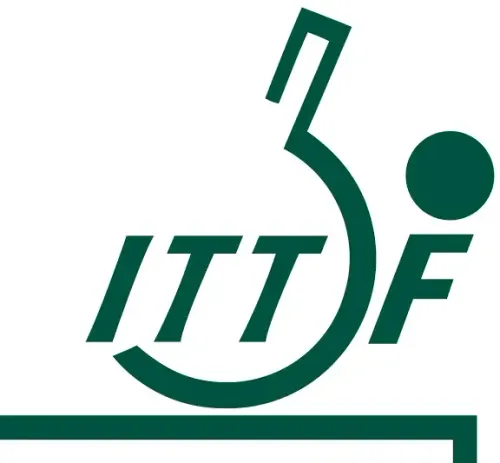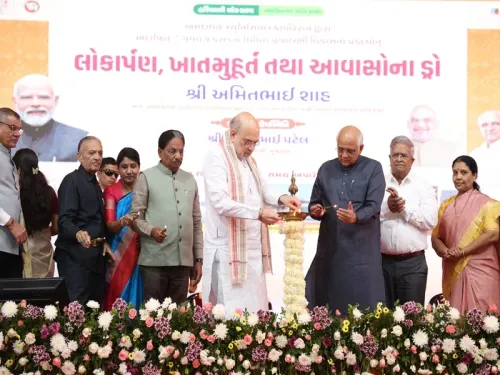Has the Maha Cabinet Approved 'Invit' to Speed Up Infrastructure Projects?

Synopsis
Key Takeaways
- Maha InvIT seeks to enhance infrastructure development in Maharashtra.
- A new funding platform for public and private investors.
- Transfer of assets aims to generate future revenue for projects.
- Increase in remuneration for those in almshouses to aid rehabilitation.
- Vocational training provided to promote self-reliance.
Mumbai, April 29 (NationPress) The state Cabinet, led by Chief Minister Devendra Fadnavis, has sanctioned the creation of ‘Maha InvIT - Infrastructure Investment Trust’ to expedite infrastructure projects such as roads and bridges across the state while generating capital.
This initiative will create a new avenue for financing infrastructure development, offering a chance for stable returns to both private and public investors.
Under the 'Maha InvIT', the government will form a trust with a framework consisting of a sponsor, investment manager, and project manager, all compliant with SEBI regulations. The InvIT concept first emerged in the United States in 1960, followed by the National Highways Authority of India (NHAI) establishing the National Highway Infrastructure Trust in 2020 to raise funds. Maharashtra now stands as the pioneering state to establish a similar institution, according to the government’s announcement.
The Maha InvIT will transfer selected assets from the Public Works Department, Maharashtra State Road Development Corporation, and Maharashtra Infrastructure Corporation to this trust. This will create a substantial revenue stream for future projects.
The state government has also granted preliminary approval to form a 'Special Purpose Vehicle' (SPV) for Maha InvIT. The expectation is to draw long-term investments into the state, enhance liquidity in the infrastructure sector, minimize reliance on high-interest loans, and significantly uplift the quality of road projects, as stated in the release.
Additionally, the state cabinet has approved an increase in the daily stipend for individuals residing in almshouses from Rs 5 to Rs 40. This is the first adjustment since 1964. The Maharashtra Begging Prohibition Act has been in place since 1964 to combat the begging issue.
Currently, 14 begging homes operate in the state for the rehabilitation of beggars, assisting 4,127 individuals in their recovery.
Individuals admitted to these facilities receive vocational training in agriculture and small industries, equipping them to earn a living after leaving the begging homes.
“Previously, those in training received a monthly allowance of Rs 5. This will now be increased to Rs 40 per day. Such changes are aimed at reducing the begging habit and promoting a work culture. This decision marks a significant step towards achieving self-reliance for beggars,” the release stated.










